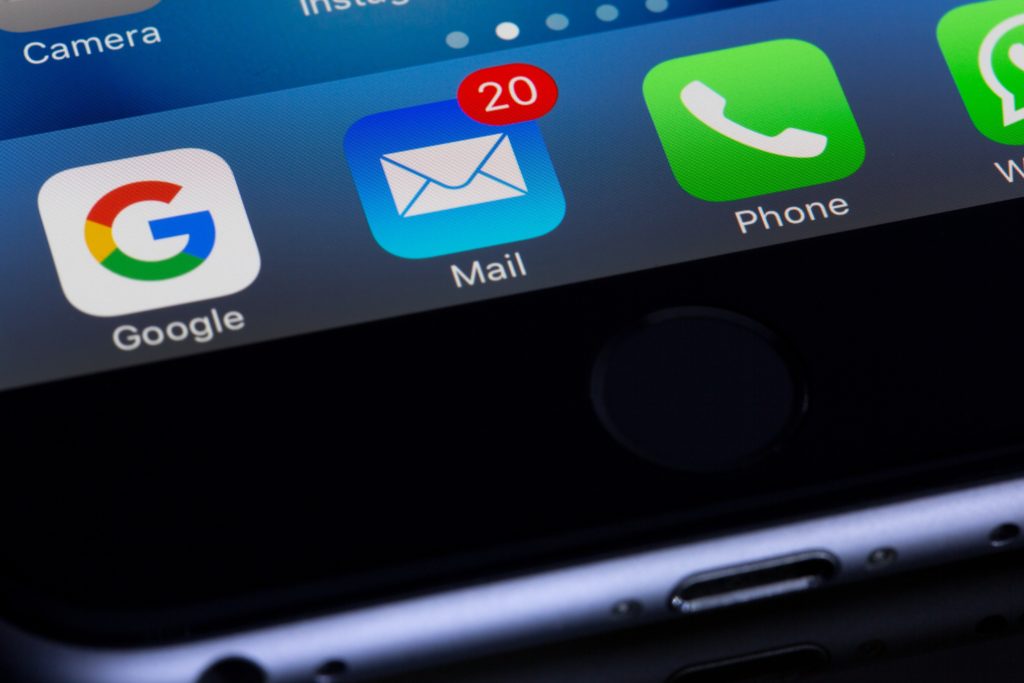Using one email account for everything may be very convenient and easy, but it can increase your vulnerability. If that email is compromised, then all the accounts connected to it become vulnerable. It’s a good idea to have separate email accounts for different purposes. One suggestion is to start with four different email addresses.
The first account can be your “spam” account. This account can be used for things requiring you to provide an email address, but there’s a good chance you’ll only have a single or a handful of interactions with that individual or organization. An example that comes to mind is a spy museum I went to with friends a few months ago. The museum asked for an email address so that we could keep track of our progress as we went through all the activities. So I gave them what I call my junk email address.
Your work email address should be used for just work-related business. This email address should only be distributed to business contacts. Malicious actors target individual employees to gain access to a company’s systems and information. So if you are freely giving out your work email address and posting it everywhere, you may become a target for phishing campaigns and other social engineering tactics.
The third email address can be used for social media accounts. This can be used to sign up for accounts and to recover access if needed. Having your social media separated from everything else helps isolate any incidents with your public profiles. This ensures that any compromises don’t bleed over to other aspects of your life, like your financial accounts.
This leads us to the last email address. This email should be used for personal stuff like your utilities, banking, and all the critical correspondence you need to conduct everyday personal business. You want to ensure that this information can be kept away from other things that may not be as valuable. Some people consider going a step further and separating their banking accounts to a fifth email so that it is completely isolated from everything else.
Separating these different aspects of your life to separate email addresses can help reduce your vulnerability. It can also help you manage all of the information you get daily. You can easily find the vital correspondence without having to sift through the noise of all the other emails sent your way. So if anything, it just helps organize your information while decreasing your risk.
Lastly, we remind you to make sure that you use strong and unique passwords for each email account. This will ensure the security of your email accounts if one becomes compromised. Enable multi-factor authentication (MFA) if the option is available for those email accounts. This will further protect them in case of a password disclosure. For more information on creating strong passwords and enabling MFA, please reference our previous blog posts:

